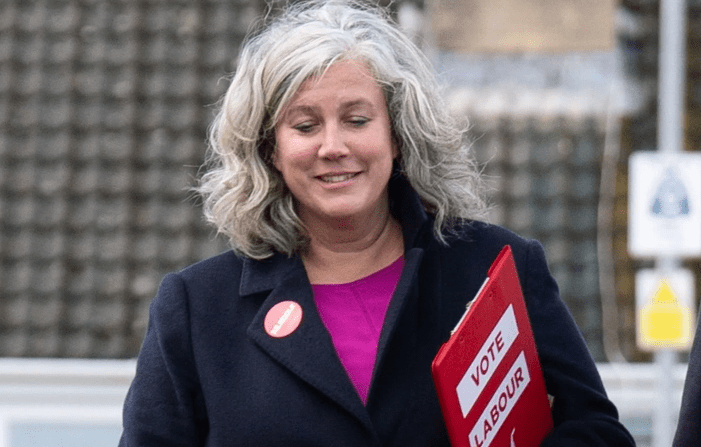Train travellers across the UK could be facing higher fares next year, but no final decision has been made, according to Transport Secretary Heidi Alexander.
In a key development for the nation’s railways, Greater Anglia, which serves Norfolk, Suffolk, Essex, Cambridgeshire, and Hertfordshire, will officially return to public ownership this Sunday.
It’s the third rail firm to be brought under state control by the Labour government since May.
“I haven’t made a decision about fares for next year,” Ms Alexander told reporters during a visit to Norwich train station.
Standing beside a carriage bearing the fresh branding “Great British Railways coming soon”, the Secretary of State remained tight-lipped on whether ticket prices would rise.
However, she acknowledged the difficult balance the government must strike between affordability and sustainability.
A £2 Billion Gap in Rail Funding
Here’s the reality behind the scenes: the UK currently spends over £10 billion of taxpayer money annually on railway infrastructure and maintenance. Yet, fare revenues still fall short by around £2 billion each year.
“There’s a gap of about £2 billion as well each year between the money that comes in through fare revenue and the day-to-day running costs of the trains,” Ms Alexander explained.
She said the government needs to “get the balance right” between what passengers pay and what the taxpayer contributes.
“So I can’t promise that fares are going to come down, but I’m acutely aware that people want to get value for money.”
Greater Anglia Joins Expanding Network of Nationalised Rail
Greater Anglia will become the seventh out of 14 train operators now either under or confirmed to move into public hands.
These are being unified under Great British Railways, a new public body set to take charge of the UK’s rail operations and infrastructure.
Already nationalised operators include:
| Operator | Nationalised Under | Date of Transfer |
|---|---|---|
| South Western Railway | Labour | May 2025 |
| c2c | Labour | July 2025 |
| Northern | Conservative | March 2020 |
| TransPennine Express | Conservative | May 2023 |
| Southeastern | Conservative | October 2021 |
| LNER | Conservative | June 2018 |
Upcoming:
- West Midlands Trains – February 1, 2026
- Govia Thameslink Railway – May 31, 2026
- Chiltern and Great Western Railways – dates yet to be confirmed
A Model for Success?
In the latest satisfaction survey by watchdog Transport Focus, Greater Anglia scored 89% placing it among the top six of 22 UK train operators.
Ms Alexander was quick to praise the company’s track record: “One of the best-performing train operating companies in the country.”
She stressed the government’s goal to replicate Greater Anglia’s standards nationwide: “What we really want to do is learn from what Greater Anglia are doing and make sure that’s replicated across the rest of the country.”
Focus on Reliability and Innovation
The Secretary also highlighted the government’s top priority: boosting reliability. “I’m absolutely determined that when we bring the train operating companies into public ownership, the first thing we’ve got to do is make sure we’ve got more reliability on the railways.”
Greater Anglia’s managing director, Martin Beable, welcomed the transition: “By working more closely with the wider family of publicly owned operators, we can share expertise, drive innovation, and deliver even better journeys for our passengers across the Anglia region.”
What’s Next for Rail Users?
With more rail companies set to come under public control, the nationalisation of the railways is clearly gathering pace under Labour’s transport agenda. However, the looming question of fare changes remains unanswered and potentially unsettling for millions of commuters.
If fares are raised, the government will face pressure to demonstrate that service quality and value for money will also improve. For now, passengers wait.






